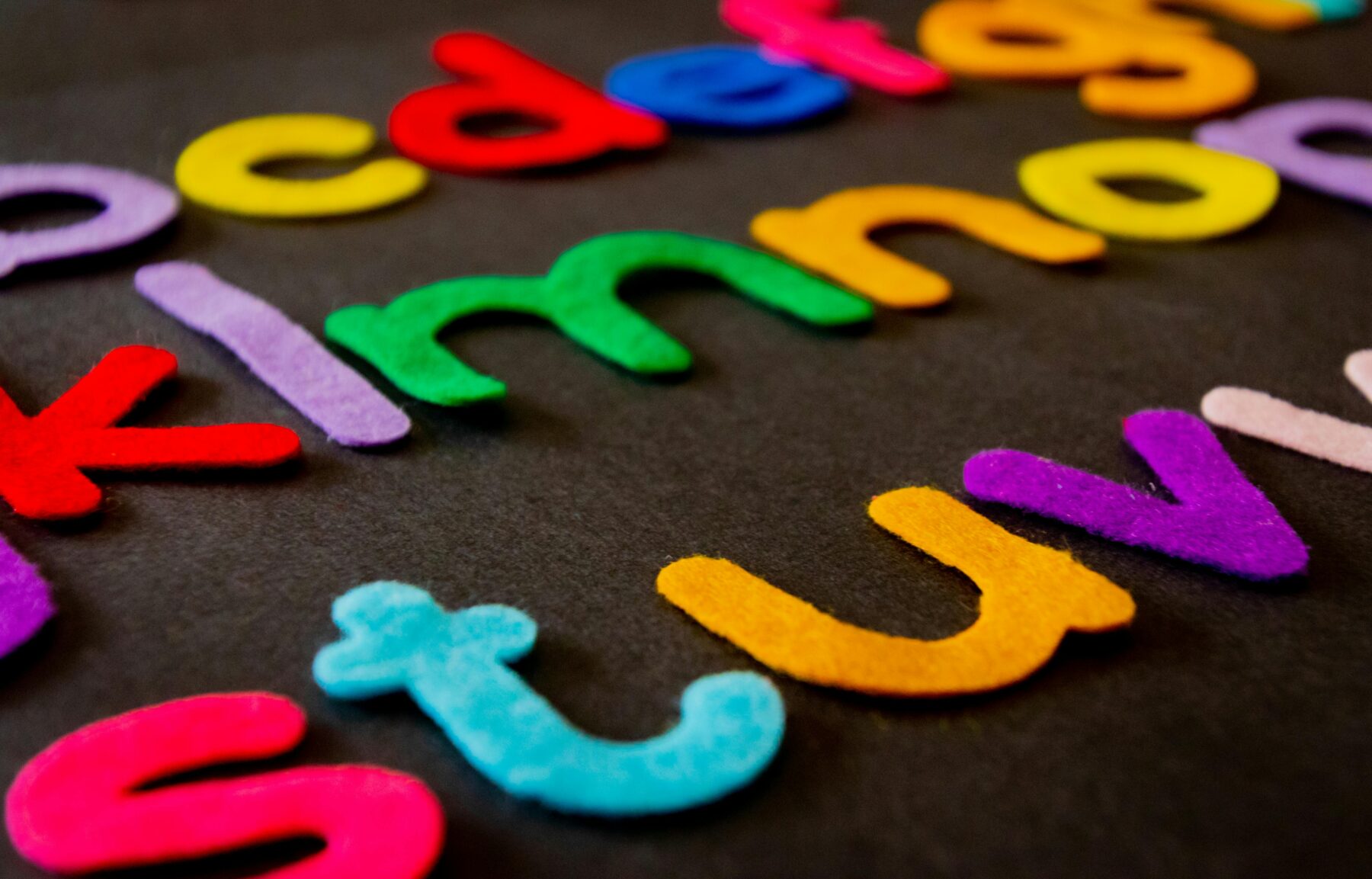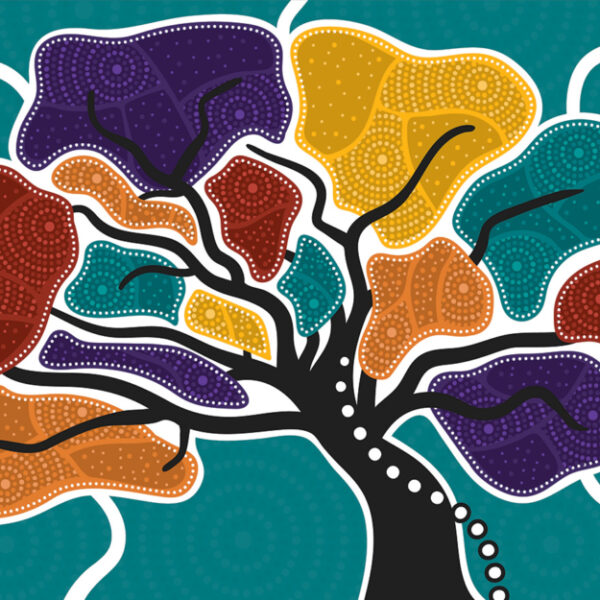Languages are a powerful tool in early learning

Early childhood education and care (ECEC) settings are instrumental in creating a foundation for a child’s growth and development and the push for teaching new languages is growing.
There is evidence that exposing children to multiple languages in their early stages can have cognitive, linguistic and socio-emotional benefits. This is often demonstrated through:
- Problem-solving skills
- Better attention control
- Greater creativity
- Increased vocabulary
- Language fluency
- Cultural awareness and empathy
Embracing mulitlinguism in ECEC settings can create inclusive learning environments, celebrating diversity and fostering a sense of belonging for children from diverse backgrounds.
Ways to implement language learning in ECEC:
- General exposure – engaging with languages through books, songs, games
- Input from families – sharing native languages and cultural traditions
- Integrated curriculums – incorporating language into activities, routines and curriculum plans through active engagement and authentic contexts
- Professional development – opportunities for staff to engage in workshops, webinars and other resources to enhance their own knowledge to share with children
Popular

Policy
Practice
Provider
Quality
Research
Workforce
Beyond the headlines: celebrating educators and the power of positive relationships in early learning
2025-07-07 10:00:24
by Fiona Alston

Workforce
Policy
Quality
Practice
Provider
Research
ECEC must change now, our children can’t wait for another inquiry
2025-07-02 07:47:14
by Fiona Alston

Workforce
Quality
Practice
Provider
Research
Beyond the finish line: Championing child protection one marathon at a time
2025-07-08 09:15:32
by Fiona Alston













